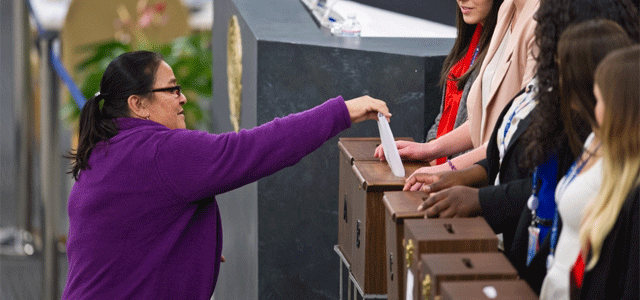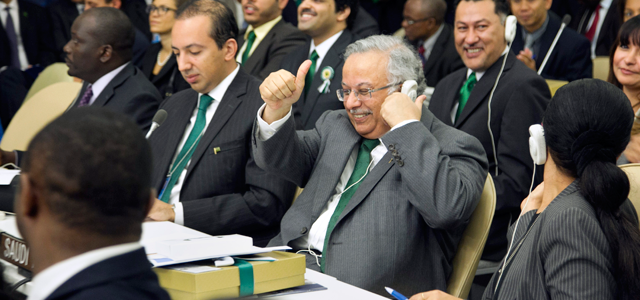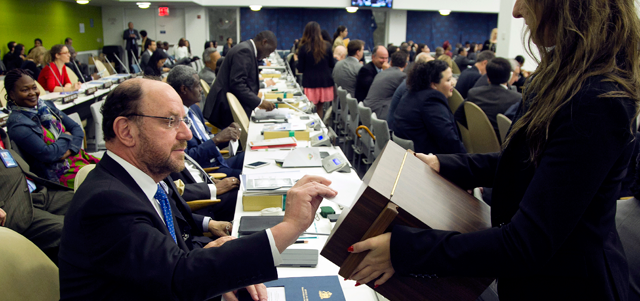Surprise outcome in UN Security Council elections
Spain was expected to walk to an easy win for one of the two seats. That was not to be the case.


Spain was expected to walk to an easy win for one of the two seats. That was not to be the case.

This year’s Security Council elections on 16 October will come down to between two aspiring regional powers – Turkey in the Middle East and New Zealand as a champion of small state concerns.

Jordan’s history in international security matters make it a solid candidate to fill Saudi Arabia’s rejected seat in a quick vote, particularly when the legality of a 14-member Security Council isn’t certain.

Most observers focused on the high number of states with poor human rights records that were elected, missing what could be a more significant and complementary take-away from this year’s race.

This morning, Security Council watchers were left “baffled, perplexed, puzzled, and scratching their heads” with

Today’s contest for five non-permanent seats on the UN Security Council offered no surprises.

Closed slates for the seats to be filled this year mean little review of candidates’ contributions to international security